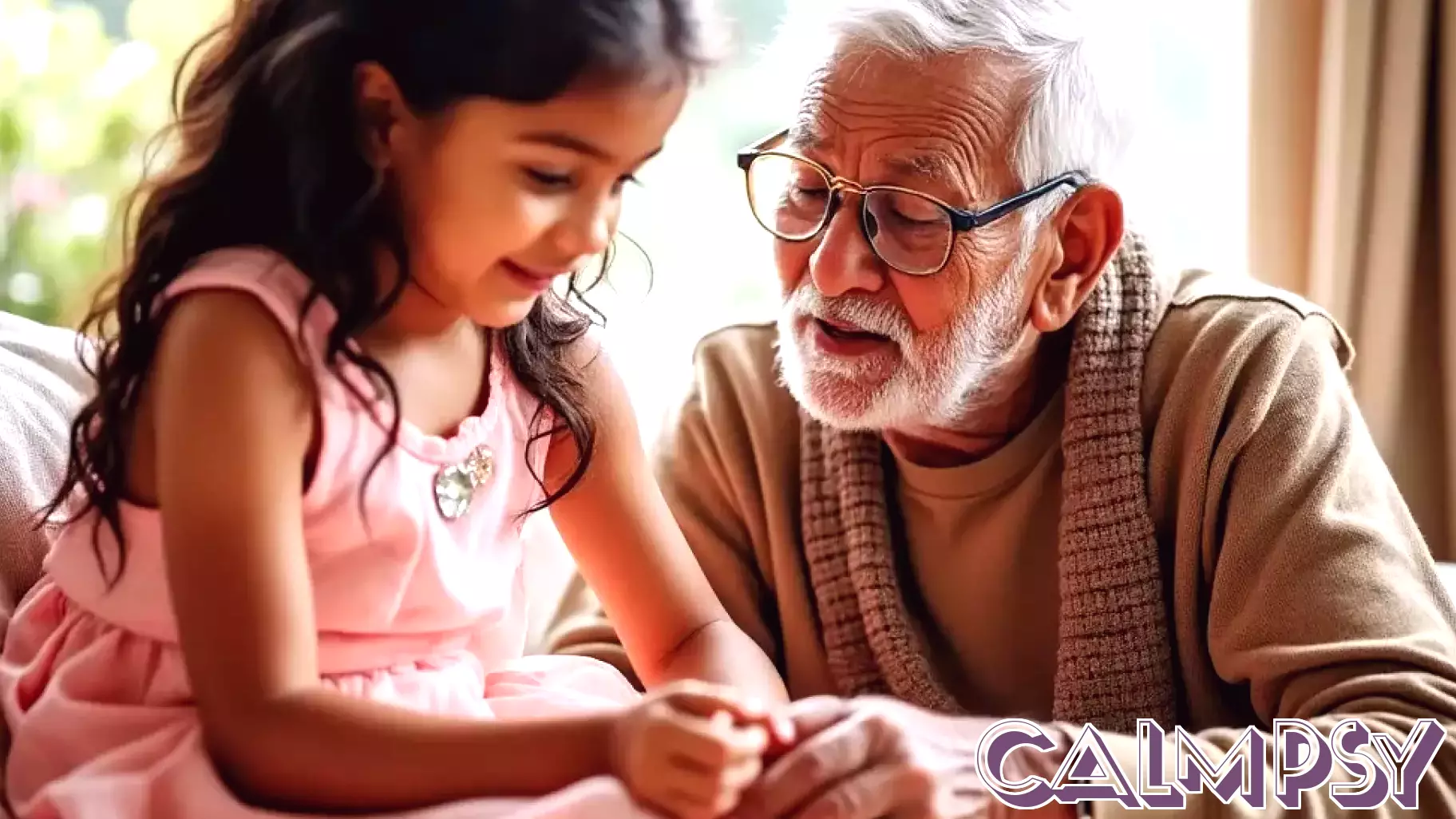New Insights into the Perception of Time as We Age
January 9, 2025 - 05:25

Psychologists and neuroscientists have long explored the intricate ways in which our perception of time changes as we grow older. A recent breakthrough study sheds light on why many individuals feel that time seems to accelerate as they age. Researchers suggest that this phenomenon may be linked to the way our brains process memories and experiences.
As we accumulate more life experiences, our brains tend to categorize and compress them, leading to a feeling of time passing more quickly. This compression may be influenced by the novelty of experiences; when we encounter new situations, our brains create more detailed memories, making those periods feel longer in retrospect. Conversely, familiar routines and repetitive events can lead to a sense of time slipping away.
The study highlights the importance of creating new experiences and embracing change in our lives to enrich our perception of time. By doing so, we may enhance our overall sense of fulfillment and connection to the present moment.
MORE NEWS

March 4, 2026 - 04:57
Childhood Empathy Taught Psychology Grad Student to See the Best in OthersAfter a successful career, Mandy Peterson made the significant decision to return to academia in Northern California to complete her psychology degree. Now a dedicated master’s student, she is...

March 3, 2026 - 14:43
Frontiers | Forms of support giving and receiving, and their associations with self-rated health and general self-efficacy among older adults in SwitzerlandA new study focusing on older adults in Switzerland reveals a significant connection between the exchange of social support and key indicators of well-being. The research specifically examined how...

March 2, 2026 - 19:16
Mother-Daughter Make History at Rutgers’ Psychology SchoolA remarkable family milestone has been reached at Rutgers University, where Inez Phillips Durham and her daughter, Jennifer, have become the first mother-daughter duo to each earn a doctorate from...

March 2, 2026 - 02:07
The Invisible Wall: How Childhood Disappointment Shapes Adult FriendshipsSome individuals navigate social circles with ease, yet maintain a palpable distance even within their closest friendships. This pattern, psychologists suggest, often stems from a childhood spent...